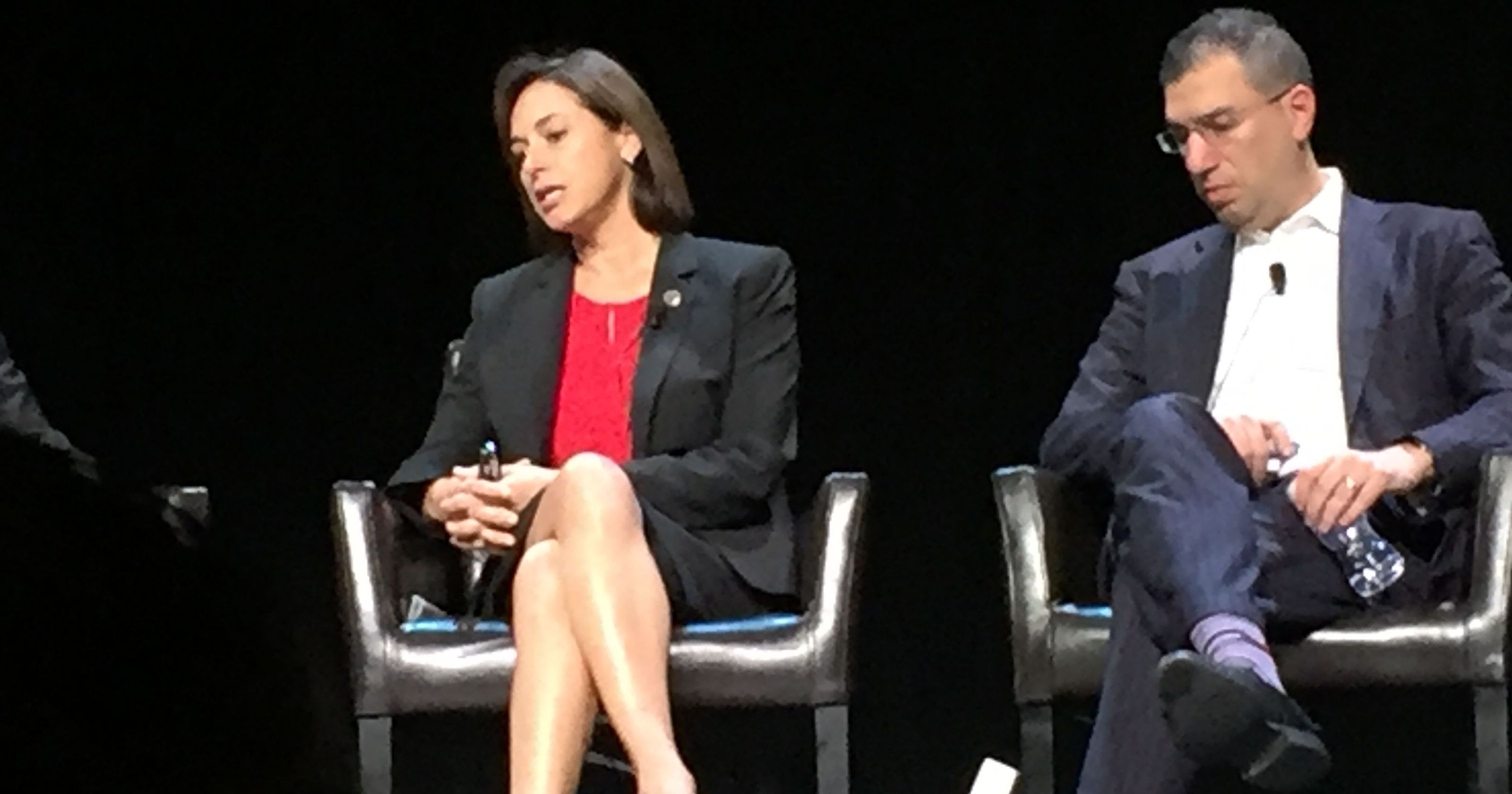
Photo credit: Carten Cordell, Federal Times
Interoperability has long been a challenge for the healthcare industry, so it was no surprise that it was a dominant theme heard at this year’s HIMSS conference.
Health IT leaders, like Karen DeSalvo and Andy Slavitt, signaled the need to move the industry’s attention away from electronic health record adoption and toward interoperability so providers and patients can unlock the value of data. This sentiment was not only shared in keynotes and panel discussions, but also amongst the 40,000+ healthcare IT professionals, clinicians, executives and vendors who attended the conference.
BOCA hit the show floor to get a pulse on the latest in healthcare IT, and of those surveyed it was clear that interoperability is a looming roadblock to improved care. Even more of a concern is how we are protecting that data.
BOCA’s HIMSS survey revealed that:
- Security (41%) and interoperability (27%) are the top two concerns that healthcare technology leaders lose sleep worrying over;
- The increasing number of data sources compounds the issue with 76% of respondents working to integrate EMR/EHR systems (76%), clinical information systems (56%), billing systems (49%) and connected device data (45%);
- And almost all respondents (85%) stated that because of these challenges we don’t use health data to its full potential to better serve patients.
So what’s the deal with interoperability?
A lack of interoperability is not unique to the healthcare industry. However, it is one of the last to implement industry-wide standards for data sharing and faces unique challenges due to privacy and security concerns.
A commonly cited interoperability success story is that of phones. You pick up your phone, dial a number and, ta-da, you’ve been connected to someone on the other line. It doesn’t matter if you have an iPhone and they have a Blackberry, or if you use Verizon and they use a landline – all components, manufacturers and vendors involved agreed to play nicely and work together so you could make that call.
In theory healthcare interoperability would allow a patient’s personal health information, regardless of what EHR/EMR system or organization it resides in to freely, and securely, flow across providers so it’s available where and when they need it. As the current situation stands, the lack of interoperability hampers physicians’ productivity, but in the end it is patients who lose.
If an E.R. doctor sees a patient in cardiac arrest, they should have fast and secure access to all the patient’s medical history, from what medications they’re taking to their check-up and if they’ve ever had similar symptoms. Then, the doctors can piece together the best course of treatment. True interoperability requires not only the continual investment and commitment from, technology vendors, providers, government organizations, insurance companies, and patients, but also overarching policies that keep patients’ best interest in mind. Achieving interoperability is a convoluted and lengthy challenge to solve. However as trends like digitized health and device data increase, solving the issue will become more vital as does addressing security concerns.
Healthcare underspends on cybersecurity, even during a time where cyber attacks are increasing in frequency and magnitude. This month four hospitals experienced security breaches from hackers demanding ransom. While in these cases patient data wasn’t jeopardized, these events highlight the seriousness of the issue. According to a recent survey from HIMSS Analytics, healthcare providers average less than six percent of IT budget expenditures on security, compared to federal government spending 16 percent of its IT budget on security and finance and banking spend 12 to 15 percent. As healthcare adopts more technology to improve patient care, it also needs to strengthen its investment in security.
At BOCA, we’ve watched the move toward interoperability shake out in multiple industries, but the interoperability in healthcare proves to be the most challenging yet. As the healthcare industry makes the move toward interoperability, they can learn from consumer and financial services’ technology’s playbook and adopt a user-centric approach. Most importantly, the players involved must not lose sight of the healthcare’s industry commitment to a greater, common good: patient health.
